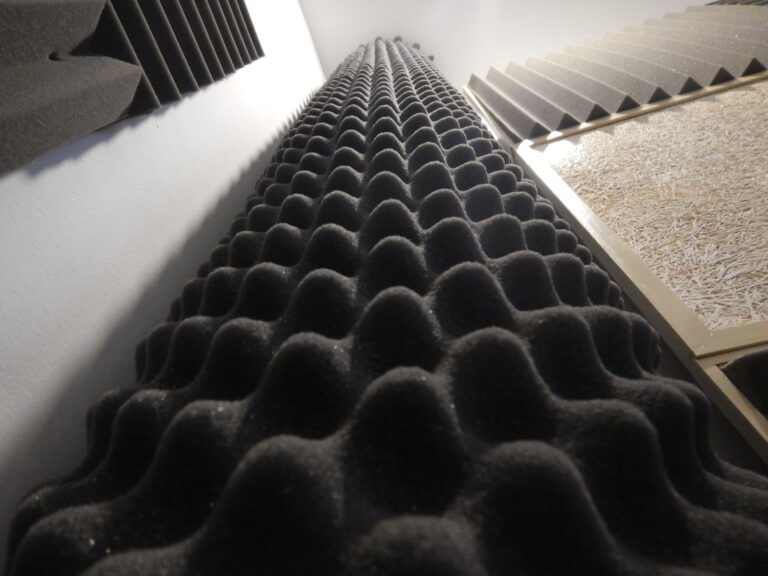Suitable glue for gluing porcelain: 4 popular options that ensure quality and durability
The right glue for bonding porcelain is an essential component to ensure quality and durability of ceramic work. Ceramics are among the oldest and most historical arts, so using the right glue can greatly impact the final results and their durability.
What is porcelain?
Ceramics is an ancient and deeply rooted art, reflecting a rich cultural and artistic heritage that extends back thousands of years. We consider ceramics one of the oldest handicraft arts known to man. Ceramic art relies mainly on shaping clay and turning it into pieces of art through photography, engraving, and shaping.
We use porcelain in many areas, including:
Household utensils and dining sets.
Home decorations and ornaments.
Decorative arts and art exhibits.
Architectural elements and monumental statues.
We distinguish ceramics by its diverse techniques, which include:
Manual style: The clay is shaped manually and the pieces are designed with precision and great care.
Spinning on the wheel: The potter uses a rotating wheel to shape the clay and create different shapes.
Casting: We pour clay into different molds to produce pieces in various shapes.
Engraving and decoration: We characterize ceramic by various engravings and decorations in different shapes and patterns, which gives it a unique aesthetic touch.
The main types of porcelain
Porcelain: We consider it the thinnest and most transparent, and we characterize it by high mechanical strength. We produce porcelain by heating a mixture of clay, feldspar, and kaolin.
Earthenware: We characterize earthenware by flexibility and moldability, we often use it in making everyday and decorative utensils.
Stoneware: We characterize stoneware by its strength and durability, and we use it in decorative vessels and decorations in general.
Suitable glue for bonding porcelain
First and foremost, we must understand the different types of glue that may be suitable for porcelain to ensure quality. There are many options available on the market, and it is important to choose the type that suits your specific ceramic work needs to ensure quality.
Choosing the appropriate glue to glue ceramics depends on multiple factors such as the nature of the ceramic work, the conditions to which the finished piece will be exposed, and the available budget. By choosing the right ceramic glue and following the correct instructions, we can enjoy ceramic art pieces for a long time while maintaining their beauty and strength.
Common glue options for bonding porcelain include:
Ceramic Glue
Ceramic glue is heat and impact resistant, making it ideal for ceramic work that may be exposed to harsh conditions. We consider it the first choice of many potters because of its high strength and durability. Ceramic glue has a high ability to adhere well to porcelain and ceramics in general without the need for special treatments.
Epoxy Glue
We characterize epoxy glue by its high strength and resistance to heat and water, which makes it suitable for ceramic works that are exposed to harsh environmental conditions. It consists of two main compounds that combine together upon application, creating a strong, durable adhesive. Epoxy glue may take a relatively long drying time, but the end result is worth the wait.
Silicone Glue
Silicone glue is suitable for applications that require expansion and contraction, such as work exposed to frequent thermal changes. We characterize it by its high flexibility and ability to resist water and moisture, which makes it ideal for ceramic works that require resistance to environmental factors.
Hot Glue
We commonly use hot glue for small ceramic works or temporary installations. We characterize it by ease of use and fast adhesion. This feature makes it a good choice for small projects that do not require a lot of durability.
In conclusion, the needs of potter artists and their projects vary, so we must choose the appropriate glue for bonding ceramics based on the specific needs of each project. It is a good idea to test the glue on a small piece of porcelain before final use to ensure quality and if it is compatible with the specific material and application.
To order suitable glue for gluing porcelain, go to www.whitesand.sa.






